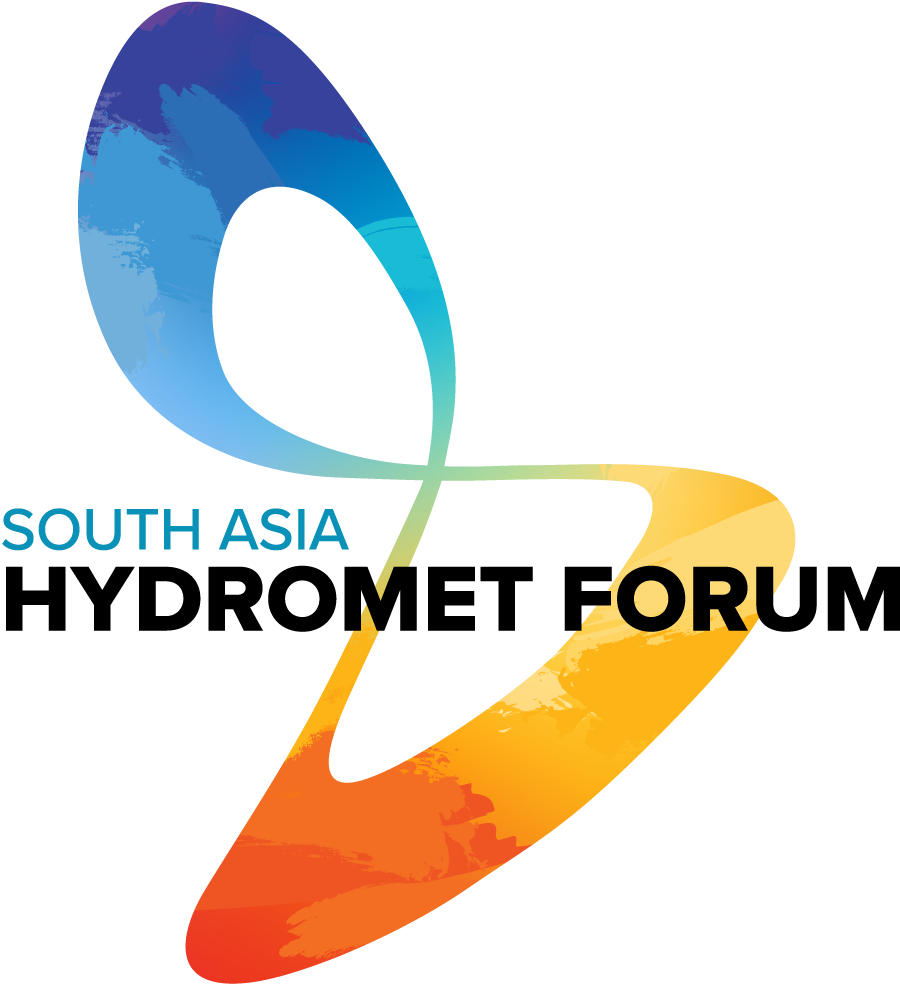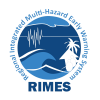WISER for Asia-Pacific
Weather and Climate Information Services (WISER)

Weather and Climate Information Services (WISER) is a UK government-funded initiative delivering transformational change in the quality, accessibility and use of weather and climate information services. In April 2023, the programme expanded to launch WISER Asia-Pacific, a nine-year (2023–2031) initiative under the Foreign, Commonwealth and Development Office (FCDO)’s Climate Action for a Resilient Asia (CARA) programme. It works across South Asia, Southeast Asia and Pacific Island nations to support sustainable development by improving weather and climate services – focusing on how forecasts can inform decision-making, preparedness and resilience to extreme weather and climate change.
The WISER programme aims to deliver transformation in the generation and use of co-produced weather and climate services to support decision making at local, national, and regional levels, building resilience to the impacts of climate change.
Project Overview
The WISER for Asia-Pacific Project is a targeted regional initiative under the broader WISER Programme, designed to strengthen the capacity of National Meteorological and Hydrological Services (NMHSs) and regional platforms to deliver timely, relevant, and impact-based weather and climate information.
In South Asia, the project works through the South Asia Hydromet Forum (SAHF) to foster cross-border collaboration, harmonize technical standards, and co-develop forecasting tools and services that address the region’s shared climate risks. Key areas of focus include impact-based forecasting, seasonal climate outlooks, and multi-hazard early warning systems that translate scientific data into clear, actionable information for governments, sectors, and communities.
By engaging with technical agencies, disaster risk management authorities, and community-level stakeholders, WISER ensures that climate and weather services are people-centred, inclusive, and accessible, especially for vulnerable populations. The project also invests in capacity building, equipping NMHS staff and partners with the skills and resources needed to sustain these improvements beyond the project’s lifespan.
- Impact Based Forecasting (IBF)
- Climate Services (CS)
Quick Facts
Duration:
The WISER Asia Pacific Project will be implemented from 1 August 2025 to 31 March 2027, with project reporting completed by 30 April 2027. This timeline ensures focused delivery of activities while allowing adequate time for monitoring and final evaluation.
Lead Implementing Partner:
The UK Met Office serves as the lead implementing partner, providing technical assistance, project oversight, and specialist expertise in weather and climate services.
This initiative is delivered in collaboration with the Regional Integrated Multi-Hazard Early Warning System (RIMES), working closely with South Asia Hydromet Forum (SAHF) member countries and relevant regional stakeholders.
Beneficiaries:
The project will directly benefit National Meteorological and Hydrological Services (NMHSs) of SAHF member countries, along with disaster risk management agencies, sector ministries, and climate-vulnerable communities across South Asia.
Objectives
The project will support transformational change in regional capability and capacity for an impact-based approach to early warning services for vulnerable communities and sectors across South Asia and within its Member Countries.
Building on progress and needs identified by the SAHF IBF working group (and with regional-national stakeholders), this will be achieved through:
- Development of an enabling regional framework and mechanism to support regional capacity enhancement, under a regionally owned approach.
- Regional-national piloting to develop, test and implement approaches for IBF to support improved resilience of vulnerable communities and sectors.
- Identification of mechanisms to support wider rollout across South Asia; upscaling of piloting approaches and mechanisms to ensure both regional and national sustainability.
- Supporting greater connectivity across other components and working groups, and wider institutional strengthening of SAHF.
Quick Facts
The project is designed to support transformational change to strengthen the coherence, effectiveness and regional coordination of climate services by providing continuous technical support to the SAHF Climate Services Working Group. Towards this end, the project aims to foster cross-border knowledge exchange, build regional capacities, and co-develop a tool to support NMHSs’ climate services. The project will ensure alignment with existing initiatives, tools, and frameworks.
Duration:
The Climate Services (CS) Project will be implemented from November 2025 to June 2026.
Lead Implementing Partner:
The UK Met Office serves as the lead implementing partner, providing technical assistance, project oversight, and specialist expertise in weather and climate services.
This initiative is delivered in collaboration with the Regional Integrated Multi-Hazard Early Warning System (RIMES), working closely with South Asia Hydromet Forum (SAHF) member countries and relevant regional stakeholders.
Beneficiaries:
The project will directly benefit National Meteorological and Hydrological Services (NMHSs) of SAHF member countries, along with disaster risk management agencies, sector ministries, and climate-vulnerable communities across South Asia.
Objectives
The project is designed to support transformational change to strengthen the coherence, effectiveness and regional coordination of climate services by providing continuous technical support to the SAHF Climate Services Working Group. It specifically aims to:
- Conduct regional and national assessment of the status of climate services in South Asia to understand its synergies with current regional initiatives and alignment to the RFCS guidelines, and to synthesize progress of NFCS and national strategies for Climate Services.
- Support the implementation of SASCOF and CSUF through targeted training workshops for NMHSs and user sectors, guided by a Training Needs Assessment that will address knowledge and skills gaps identified in previous forums and inform a training plan to strengthen the co-production, interpretation, and application of climate outlooks and services beyond the forum events.
- Identify training requirements and priorities of producers and users through a needs assessment that will inform the development of a training plan.
- Catalogue available tools and those in development indicating its strengths, weaknesses, and synergies, and enhance the Forecast Customization Tool that enables NMHSs to access and generate customized seasonal forecasts.



